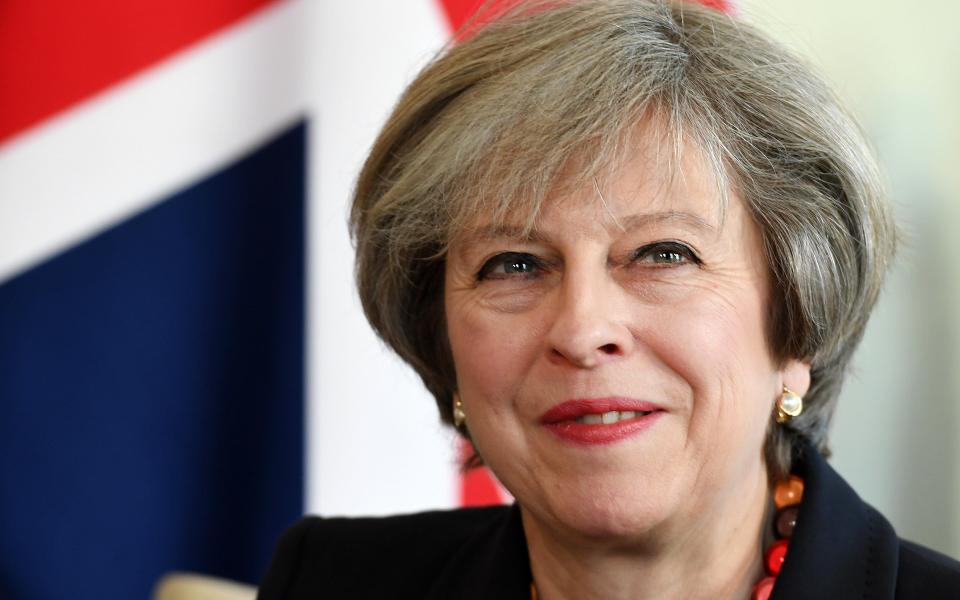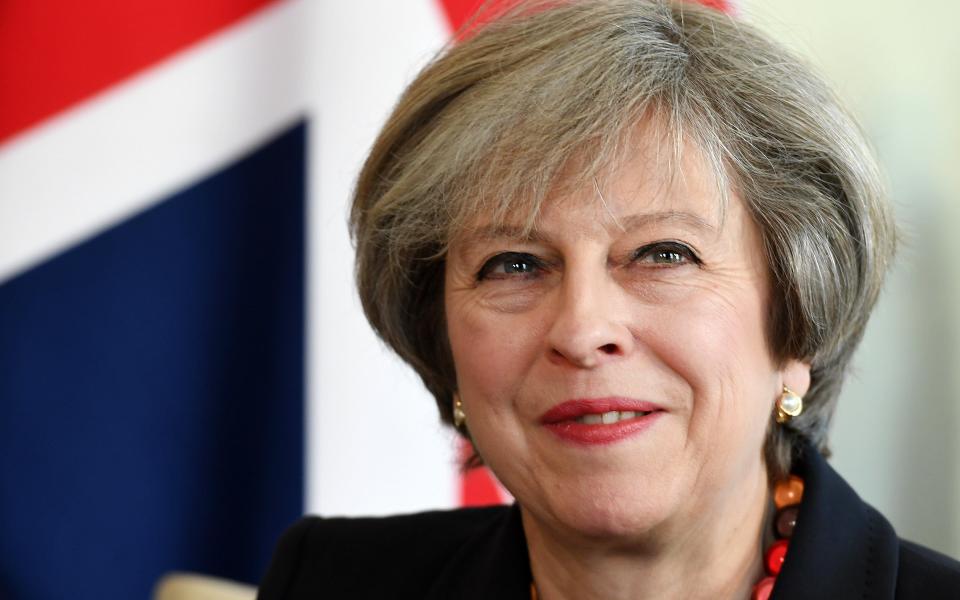Brexit minister tells peers: Don't tie Theresa May's hands
Like many other members of the House of Lords, having weighed up the arguments I voted to Remain in last summer's referendum.
So I do not dismiss the challenges facing the UK as it prepares to negotiate an exit and a new partnership with the European Union, which were debated at length by peers this week.
But in my job as a minister at the Department for Exiting the EU, I am now working to ensure the UK embraces its new place in the world and is best placed to take advantage of the many opportunities that will open up, too.
My sense is that this is what the majority of people want: however they voted, they accept the result and want the Government to get on with the job. I am determined that as we do so, we should represent the 48 per cent who voted to remain as well as the 52 per cent who voted to leave.
The legislation discussed in the Lords - the European Union (Notification of Withdrawal) Bill - is only 137 words long. Yet given the magnitude of the decision to end our nation's membership of the EU, it attracted enormous and understandable attention - and will do so again when the House votes next week.
All sorts of important issues have been raised: the rights of EU citizens living here and UK citizens living in the EU; the role of Parliament in the process of exit; the implications for Ireland; our future trading links with the EU and the rest of the world; defence and security policy.
The majority of the speeches we heard, on all sides of the argument, did not seek to refight the old battles of the referendum, and their quality was an effective rejoinder to those who question the value of the chamber in our legislative process.
It will continue to play an important role as the negotiations proceed - and the Government has been clear that it expects and welcomes such scrutiny and engagement, while wanting to ensure that the UK's position in the talks is not undermined.
Indeed, as the PM has said, the Government will hold votes in both Houses of Parliament on the final agreement before it is concluded.
So as we prepare to vote on some of the many amendments that have been tabled, I ask peers to consider the simple, central purpose of this Bill.
All it provides for is to start the process of leaving the EU. It isn't about the policy choices that flow from exit: those will be for Parliament to discuss and resolve separately and subsequently.
We must not forget that the electorate voted into office a Government that had pledged to hold a referendum and to respect its result.
Parliament then voted to support the holding of that referendum, which posed a very straightforward question: leave or remain? People were told clearly: 'The Government will implement what you decide. The EU referendum is a once in a generation decision.'
So the vote of 17.4 million people to leave was not an expression of a viewpoint, but a decision. And as the former Lord Chief Justice, Lord Judge, put it: 'It is simply unacceptable for Parliament - for this House - not to honour its commitments.'
Scrutinising and questioning government is one thing - the proper role of the Lords - and the idea that is somehow unpatriotic is for the birds.
What I do not believe is right is to seek to attach conditions to the legislation providing for the triggering of Article 50, and starting the exit negotiation. The Bill was passed by the elected House of Commons, unadulterated and unamended, with a majority of 384.
It is not about the shape of the negotiations to come, nor the Government’s approach, but the simple fact of the referendum result.
This is not the place to rehearse the arguments of the referendum, seek to dictate the terms of our exit, or tie the Prime Minister's hands as she prepares to enter negotiations that will be complicated and difficult.
Instead, it is time to get on with the job. The UK is committed to its course, and the decision taken by people last June 23 won't be reversed.
Let's demonstrate to the EU that the country is united in its determination to forge a strong, new, constructive partnership that will be to our mutual benefit.




